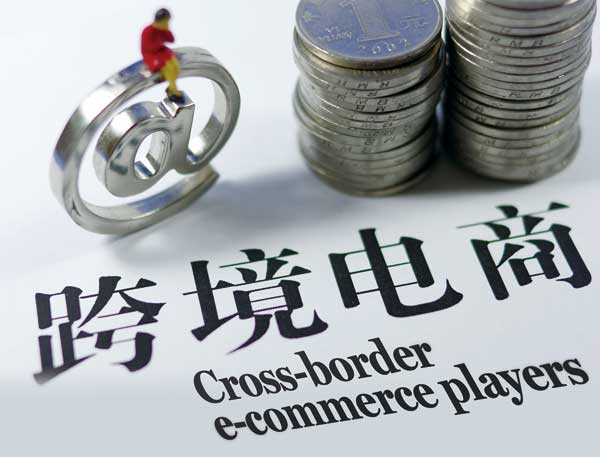China's annual shopping extravaganza
Updated: 2016-01-22 23:51
By WANG YING in Shanghai(China Daily USA)
|
||||||||
Major e-commerce platforms in China say they are ready for the massive influx of orders ahead of the Chinese New Year
Wu Shanshan has started shopping for Chinese New Year products earlier than usual this year as she is hoping to diversify her purchases with the inclusion of some imported goods. For the 33-year-old housewife in Shanghai, this important holiday marks not just a time when her family members get together to partake in the festivities, but also a chance to embark on a major shopping spree.
She said that she would usually head to the supermarket a week before the arrival of the festival to shop for food and Chinese New Year paraphernalia, but the convenience that e-commerce platforms afford has led her to order imported goods such as beef and seafood for this year's celebrations.
Similarly, Xu Yan, a young mother and white collar worker in Shanghai, will be ordering foodstuff from overseas sources to usher in the Year of the Monkey, which kicks off on February 8.
"As a matter of fact, ever since the birth of our son three years ago, we have been constantly ordering imported food and baby items online due to quality concerns. Now, half of the food we buy are imported goods," said Xu.
Singles' Day, Part 2
Major cross-border e-commerce players in China are now tapping onto this trend and have greatly widened the selection of imported goods in an attempt to make Chinese New Year the second largest shopping fiesta after Singles' Day, which takes place on Nov 11 every year.
"Singles' Day is a made-up festival while Black Friday is an imported one. Only the Spring Festival is our own, and it should become the key for online shopping in the future," said Li Chengdong, an independent e-commerce strategy analyst.
Major multinational brands and retailers on Tmall Global, which was officially launched in February 2014 by Chinese e-commerce giant Alibaba Group, started preparation for the Chinese New Year as early as November last year, and their Ali Chinese New Year Shopping Festival offers imported goods from 25 nations and regions.
"More than two years ago, Tmall discovered that the sales for imported food and health products peaked in the run-up to the Chinese New Year," said Ye Zhenshen, head of marketing department from Tmall Global.
"In contrast to the Singles' Day sales when most products are sold out almost immediately, the Chinese New Year sales last a longer period and focus more on food and health products. The demand will steadily grow as the New Year approaches. Sales would normally peak two weeks before the Spring Festival," added Ye.
Another e-commerce giant JD.com kicked off their Spring Festival sales on January 11, offering consumers a host of products including food, beverages, baby and maternity products as well as cosmetics.
Amazon.cn, the Chinese branch of the US e-commerce giant, also launched a Chinese New Year sales festival starting January 11, selling more than 9 million products from its global store. The Amazon Global Store was launched in November 2014, and it allows Chinese customers to buy the same products on Amazon's US website at the same price from time to time.
- Netizen backlash 'ugly' Spring Festival Gala mascot
- China builds Mongolian language corpus
- China's urban unemployment rate steady at 4.05 pct
- German ecologist helps relieve poverty in Sichuan
- 'Unhurried' Guizhou village makes NY Times list of places to visit
- Railway police nab 40,315 fugitives in 2015
- 7 policemen, 3 civilians killed in Egypt's Giza blast
- Former US Marine held in Iran arrives home after swap
- Powerful snowstorm threatens US East Coast; flights canceled
- 2015 Earth's hottest year on record: US agencies
- 8 killed in car bomb near Russian Embassy in Kabul
- Researchers find possible ninth planet beyond Neptune

 Art exhibitions in 2016 worth seeing
Art exhibitions in 2016 worth seeing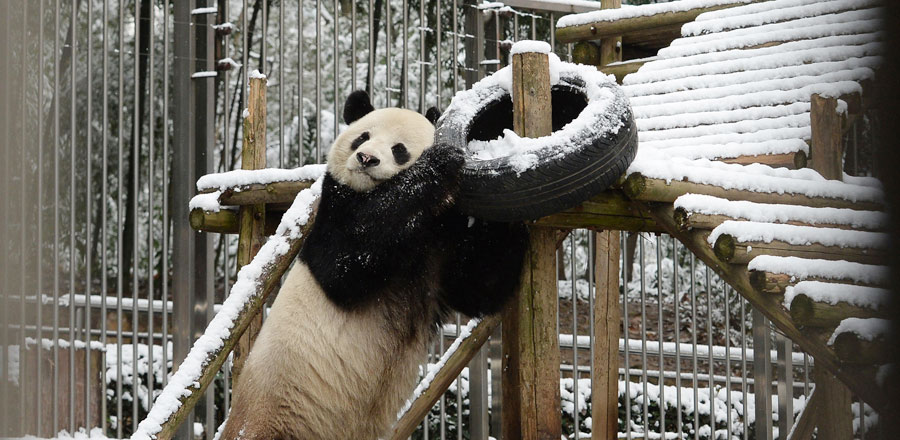
 Winter flexes its muscles as cold snap makes its way
Winter flexes its muscles as cold snap makes its way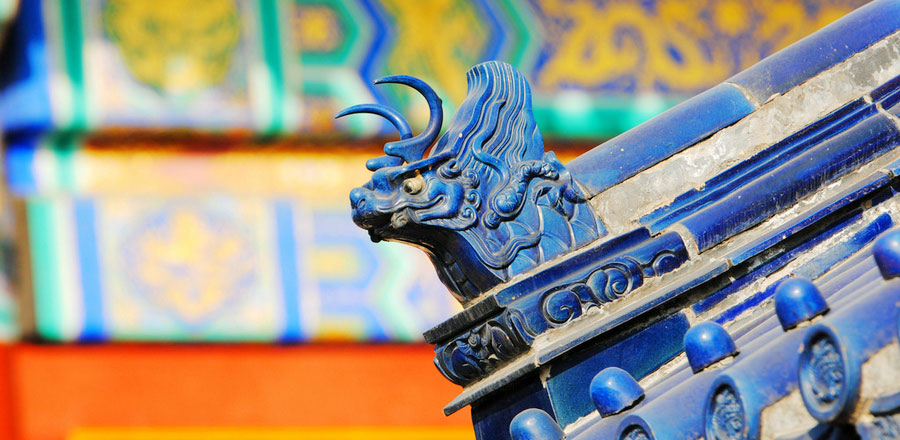
 Bright Temple of Heaven shines in winter
Bright Temple of Heaven shines in winter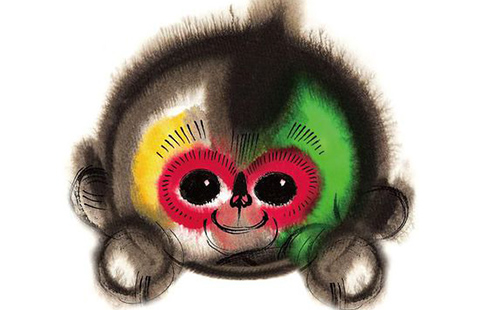
 Netizen backlash 'ugly' Spring Festival Gala mascot
Netizen backlash 'ugly' Spring Festival Gala mascot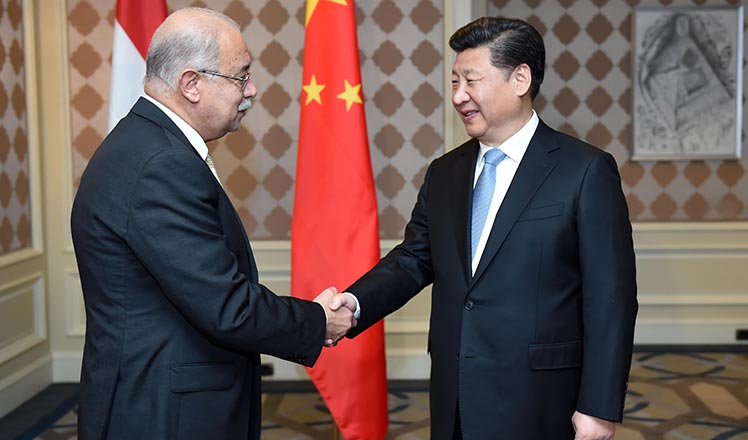
 Egyptian welcome for Chinese President Xi Jinping
Egyptian welcome for Chinese President Xi Jinping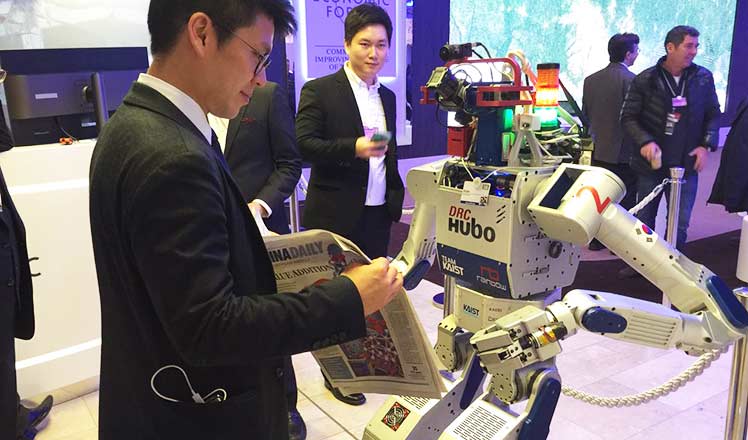
 Robots reads China Daily to stay up to date with news in Davos
Robots reads China Daily to stay up to date with news in Davos
 China's Yao honored with Crystal Award in Davos
China's Yao honored with Crystal Award in Davos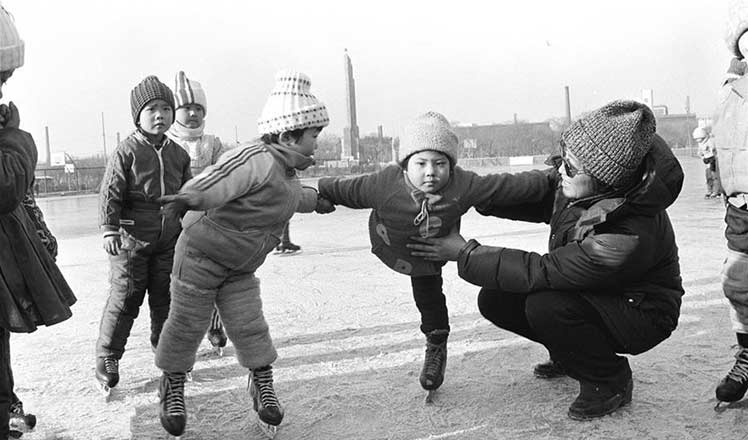
 Happy memories warm the winter
Happy memories warm the winter
Most Viewed
Editor's Picks

|

|

|

|

|

|
Today's Top News
National Art Museum showing 400 puppets in new exhibition
Finest Chinese porcelains expected to fetch over $28 million
Monkey portraits by Chinese ink painting masters
Beijing's movie fans in for new experience
Obama to deliver final State of the Union speech
Shooting rampage at US social services agency leaves 14 dead
Chinese bargain hunters are changing the retail game
Chinese president arrives in Turkey for G20 summit
US Weekly

|

|
